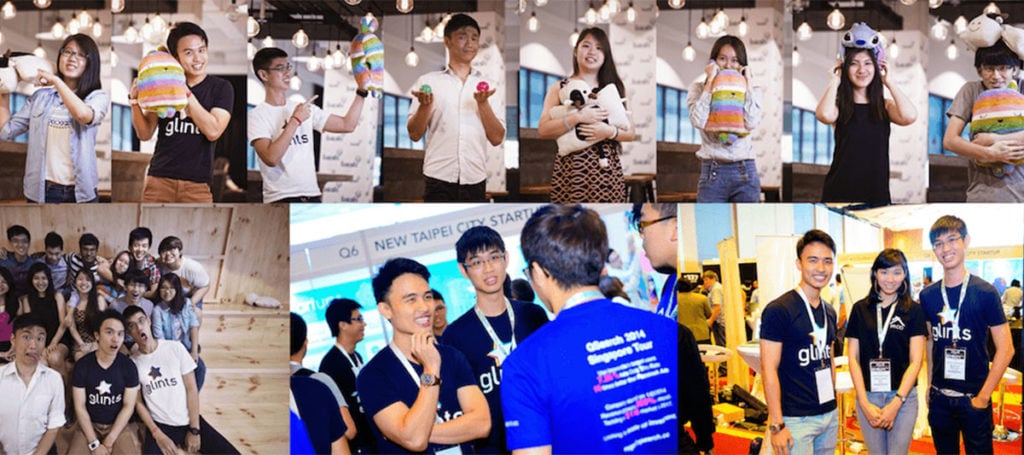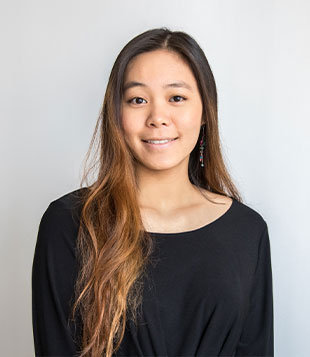With 500,000 users, 18,000 global companies and over 14 million visitors, Singaporean recruitment platform Glints is helping companies access untapped talent pools in Southeast Asia.
Six years ago, three college dropouts, Oswald Yeo, Ying Cong Seah, and Qin En Looi, launched themselves into the high-risk, high-reward world of entrepreneurship, all aged just 21. Founding Singaporean online recruitment platform Glints, a technology-driven job portal for fresh graduates in Singapore and Indonesia, they’ve since been featured by Tech in Asia, Forbes and TechCrunch. Boasting impressive metrics including 500,000 users, 18,000 global companies on their books and over 14 million visitors to their website, their success has attracted high-profile international venture capitalists including 500 Startups, Monk’s Hill Ventures and Wavemaker Partners as well as heavyweight clients such as AIA, DBS, Accenture and Grab. We sat down with Oswald to discuss trends he sees reshaping the future of employment.
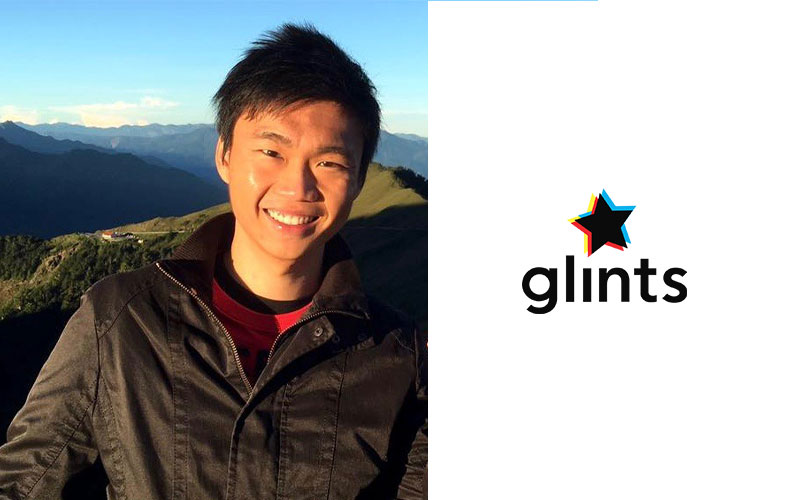
“A huge pain point for companies is hiring for certain verticals, especially around engineering where there’s huge demand, but short supply. It’s either pretty expensive or you just can’t get enough talent to market,” says Oswald. “So, we’re helping companies access untapped pools of talent in Southeast Asia and partnering with local training schools to give candidates the right skill sets. For example, Indonesia, with a population of 200 million, is actually a huge pool of potential engineering talent.”
As globalisation permeates the workforce, Glints is helping to usher in a new age of internationally distributed teams, offering millennials a technology-enabled lifestyle with remote working and flexible hours. “More and more millennials don’t just want to be based in one office. They want to be based in other parts of the world or stay close to home, but work remotely for a foreign company,” Oswald explains. “Companies, too, are realising that they shouldn’t be limiting themselves to just a local talent pool. For example, companies in Singapore can actually tap into talent supplies in other parts of the world like Vietnam, Indonesia and Hong Kong.”
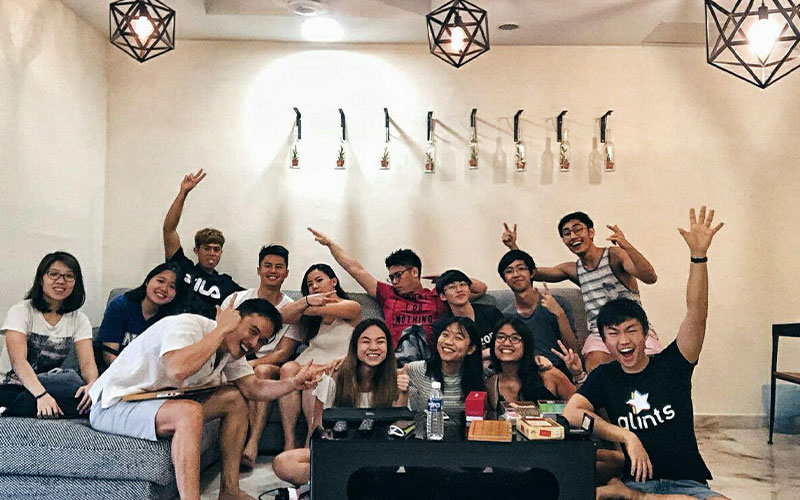
To facilitate this, Glints has created TalentHub, a sub-platform which functions alongside their more traditional job posting services where job hunters can create a profile and have opportunities come to them without having to actively apply for jobs. “It’s three to five times cheaper for firms too,” Oswald relates. Not only that, Glints simplifies the process by handling all HR processes including payroll and work visa applications, waiving their fee for client companies if a suitable candidate isn’t found.
Tackling a more deep-rooted problem, Glints also seeks to provide fresh graduates with the tools to achieve the careers they aspire to, creating better employer-employee matches along the way. “Our view is that for most young to mid-level people, the biggest problem is actually not professional networking or profiling which LinkedIn provides, but that they don’t even know what they want to do yet. Or, they might not have the right skill sets to go where they want to be,” Oswald explains. Providing a Q&A platform for job hunters, Glints has built a community for young professionals to ask the questions they need to get started in their careers. “It’s much better to focus on one or two specific verticals and get so good that people can’t ignore you,” he advises.
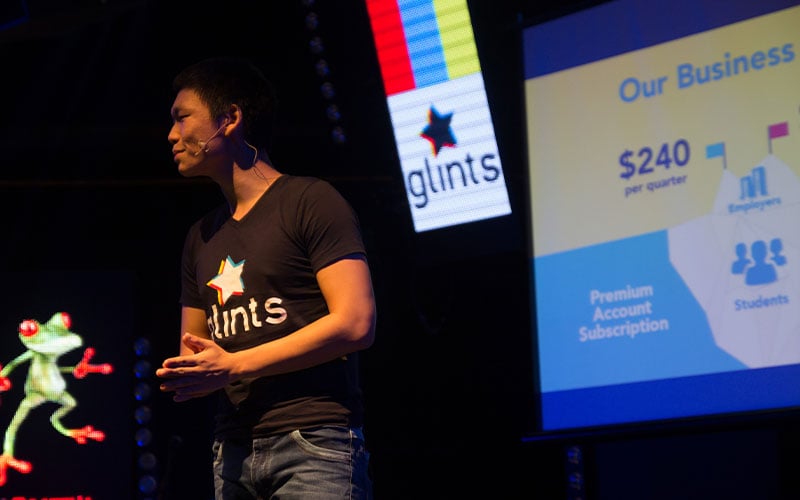
Looking to the future of employment, Oswald hopes to see more firms investing more in training their teams and people – something he describes as “a huge part of growing a business.” While many corporates or larger companies tend to have the budget to create formalised training programmes, he sees that startups and growing companies still lag behind in this vital aspect. As for Glints, they’ve got big plans lined up. “Right now, we’re focused on expansion into Hong Kong and Vietnam. So that’s the key milestone for the company: just going from two countries to four.” With big changes on the horizon, perhaps it’s prime time to hop on the globalisation bandwagon and start leveraging technology to build the ultimate team.
Related Articles
Meet The Brains Behind Asia’s Snacking Phenomenon The Golden Duck
